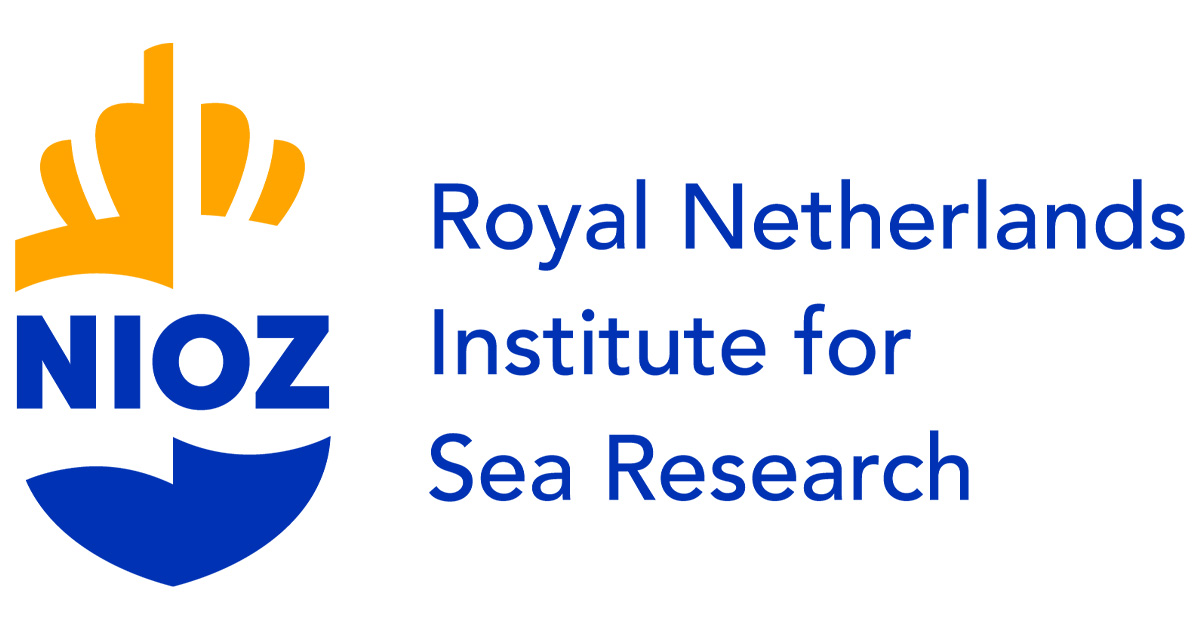The Department of Coastal Systems (COS) is looking for a highly motivated postdoc candidate with a background in ocean sciences or marine biology to investigate the environmental effect that a floating solar panel in the North Sea has on the underlying water column (principal investigator Dr. Johan van der Molen).
THE DEPARTMENT
The Department of COS studies integral coastal ecosystems and their populations of fish, birds, and other marine animals in the North and Wadden Seas as well as on a global scale. The department focuses on key physical, chemical and biological processes that determine the productivity and the ecological functioning of coastal areas. The coastal system is studied as a unity by considering the interrelations between the key compartments of the ecosystem (water, sediment, microalgae, macrozoobenthos, parasites, fish and birds). The welcoming atmosphere at NIOZ (Royal Netherlands Institute for Sea Research) will provide ample opportunity for collaborations.
THE PROJECT
In the ongoing effort to steer away from fossil fuels to renewable energy sources, a few enterprises are currently experimenting with offshore solar energy. An important advantage of this new technology is that it does not claim scarce land space, especially when applied in combination with wind farms, filling part of the large open spaces in between wind turbines. Disadvantages are that the floating installations must withstand the harsh open sea conditions and thus require more intensive technical monitoring and maintenance than installations on land, and that the installations may have negative impacts on the marine environment. Shading out part of the incoming solar radiation from the water column, the floating installations will likely cause a reduction in phytoplankton production, with knock-on effects on higher trophic levels. Sessile fauna attaching to the floating installations will interfere with the pelagic food chain, while fecal pellets and other detritus derived from the attached fauna will rain out on the seabed below. The floating installation may also attract seabirds and seals that use the floating installation as a resting place and platform for hunting fish that aggregate below the installation. In the North Sea 2 (NS2) project, NIOZ and WMR collaborate with renewable energy startup Oceans of Energy to investigate environmental effects of a small test installation that was deployed offshore Scheveningen in 2021. The focus of the postdoc project advertised here is on measuring the effects that the test installation has on the underlying water column, using moored sensors and samples of water and suspended matter.
Job requirements
THE CANDIDATE
We are looking for a highly motivated candidate with doctoral degree in Oceanography or Marine Biology. Practical experience with both analytical lab work and with seagoing work involving the use of oceanographic sensors is desirable, and the willingness and aptitude to learn and develop these skills are essential. Familiarity with analysis of time-series data from oceanographic sensors like current meters and turbidity sensors and LISST in-situ particle sizer is highly appreciated. You will assist in the deployment and recovery of sensors and sample collection at the offshore test installation during 3 short fieldtrips in spring, summer and autumn of 2024. After the field trips, you will be responsible for the processing and analysis of the collected sensor data, and the analysis of collected water and particulate matter samples.
You should be capable of planning and organizing your work and you should be interested in directing the course of your own research within the framework of the NS2 project, and engage in discussion of the outcomes with project partners OoE, NIOZ and WMR. Proficiency in spoken and written English is essential for presenting your results at project meetings and for a broader national or international audience, and for writing at least one manuscript to submit to a peer-reviewed scientific journal. Your position will be hosted by the Department of Coastal Systems (COS) at the Royal NIOZ on the island of Texel, The Netherlands.
We want to be a transparent institute with a healthy working climate and an inclusive culture, where people from diverse backgrounds and gender bring their talents and further develop these talents. We aim for inclusive decision-making processes and expect our leadership to show visible commitment, awareness of bias, and cultural intelligence.
CONDITIONS
- Employment of this full-time position at Royal NIOZ is by NWO-I for a duration of 15 months.
- Salary compliant with CAO-WVOI (Collective Labour Agreement for Dutch Research Institutes) scale 10 or 11 depending on relevant experience.
- The freedom to fulfill your role and space and opportunities for your personal (talent) development with the help of the NIOZ Academy.
- 338 annualized holiday hours for a full-time 40-hour work week.
- Pension scheme via ABP, 8% holiday allowance and a year-end bonus of 8.33%.
- Telephone allowance of €15 per month, prorated for your employment.
- 2nd class public transportation travel is reimbursed 100%.
- Employment benefits plan to exchange a portion of your salary for days off or vice versa, or can be used to purchase a bicycle with tax benefits.
- We offer relocation expenses for employees coming from abroad and support with finding accommodation.
Closing date: January 5, 2024





